Despite being the youngest-ever Nobel recipient, Malala’s come a long way
Malala is now the youngest-ever Nobel laureate. However, her pursuit of education began when she was barely a teenager
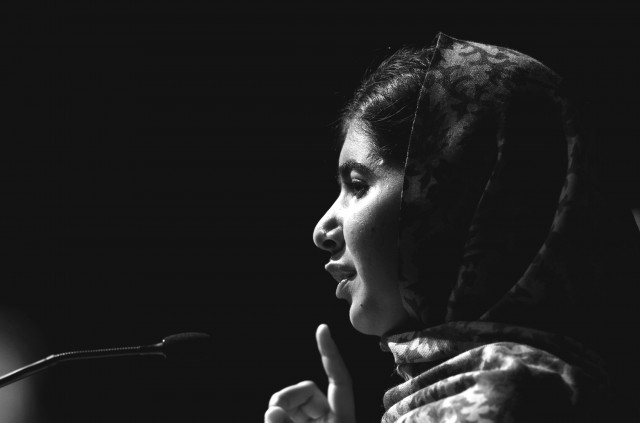
Despite being the youngest-ever Nobel recipient, Malala’s come a long way
Malala, now 17, is the youngest recipient of the prize. Her pursuit of education, however, began when she was barely a teenager.
(Read: Malala becomes youngest-ever Nobel Prize winner)
Diary of a Pakistani schoolgirl
Malala was 11 when she first started writing a diary for BBC Urdu. Back then, the Taliban had taken over Swat, and had begun implementing their own tyrannical style of governance, which included shutting down girls’ schools. After the ban, many schools continued to operate, but did so clandestinely, with dramatic drops in attendance. Teachers told students to dress in their normal clothes and not their uniforms so that they won’t be caught. Malala continued to go, despite bleeding carcasses littered on the roads around her. Her clarity and verve took on an urgent tone as her world began to crumble around her. Here is an excerpt from one of her diaries:
“MONDAY 19 JANUARY: ARMY IN THEIR BUNKERS
Five more schools have been destroyed, one of them was near my house. I am quite surprised, because these schools were closed so why did they also need to be destroyed? No one has gone to school following the deadline given by the Taleban.
Today I went to my friend’s house and she told me that a few days back someone killed Maulana Shah Dauran’s uncle; she said that it may be that the Taleban destroyed the schools in anger at this.”
As her circumstances became even more forbidding, her blog caught the attention of many people both in Pakistan and abroad – it became a symbol of protest. In 2009, the New York Times made a short documentary film about her and father, Ziauddin Yousafzai, a former schoolmaster himself, who is an influential figure in her life, and generally accompanies her wherever she goes.
In 2011, she was nominated for the International Children’s Peace Prize. The same year, former prime minister Yousaf Raza Gilani awarded her Pakistan’s first National Youth Peace Prize. Inevitably, the Taliban took notice of her activities despite her efforts to remain anonymous.
On October 9 2012, a militant entered the school bus that was supposed to drop the students back to their homes. He asked for Malala, and shot her in the head and neck. Who did it, and why, soon became clear. Ehsanullah Ehsan, the then spokesman for the Tehreek-e-Taliban Pakistan (TTP) took full responsibility.
“She has become a symbol of Western culture in the area; she was openly propagating it,” Ehsan said, adding that if she survived, the militants would certainly try to kill her again. “Let this be a lesson.”
Emergency surgery took her to the United Kingdom, where she underwent extensive treatment.
A ‘watershed’ moment, and a ‘drama’
For a moment, it seemed that all the warring parties and bickering politicians had united in her support. Former interior minister Rehman Malik said, “Malala is our pride. She became an icon for the country.” The former army chief Ashfaq Pervez Kayani went to visit her, strongly condemning the 'cowards' who had attacked her.
Even Jamaat-ud-Dawa, an organization with militant ties, called the attack a “shameful, despicable, barbaric attempt”. There were vigils in cities, and widespread condemnation of the Taliban. Extremist violence, so long a divisive issue in Pakistan, finally seemed to unite country against it.
But then an angry backlash followed. A noisy crowd in the media began to tout her as a ‘Western stooge’ and an ‘attention seeker’. There were also allegations that Malala was an agent planted by the CIA to make Pakistan look bad. To some, her miraculous survival from a headshot wound began to look suspicious. #MalalaDrama began to trend on Twitter.
Poll
[poll id="1361"]
Her decision to stay in the UK was also met derisively, many seeing the decision as her co-option by the West, and not as seeking asylum. (The Taliban had warned that they would try to kill her again if they could.) Her book, co-authored by Christina Lamb, was alleged to have blasphemous content, a virtual death sentence in its own right, when she was alleged to defend Salman Rushdie’s right to free speech.
From Pakistani to global activist
Malala became a global phenomenon after her recovery. Apart from the book deal, she began the Malala Fund, a girl’s education advocacy NGO; she appeared on many talk shows, including interviews with Christiane Amanpour and Jon Stewart; she spoke at the UN; took part in the #BringBackOurGirlsCampaign in Nigeria – in short, she became a globe-trotting celebrity activist.
Her new life continues to divide Pakistani public opinion. Some see her position as Western stooge only cemented; her well-wishers see her as a powerful force to both combat religious extremism as well as an advocate for women’s rights – on global stage.
The Nobel Peace Prize, always controversial, will inevitably lead to more debate. Does she deserve it? Aren’t there more suitable candidates? What about X, Y and Z?
Can a 17-year old claim to have done enough to promote peace? The Norwegian Academy certainly thinks so.
Correction: An earlier version of the story erroneously stated that the Swedish Academy picked Malala Yousafzai for the Nobel Peace Prize.

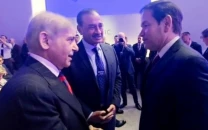
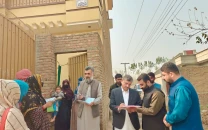
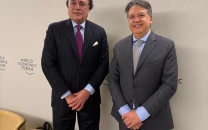


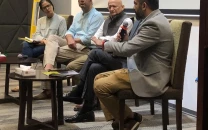


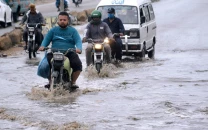


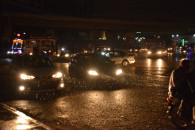





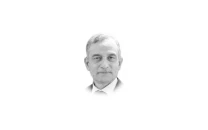
COMMENTS
Comments are moderated and generally will be posted if they are on-topic and not abusive.
For more information, please see our Comments FAQ